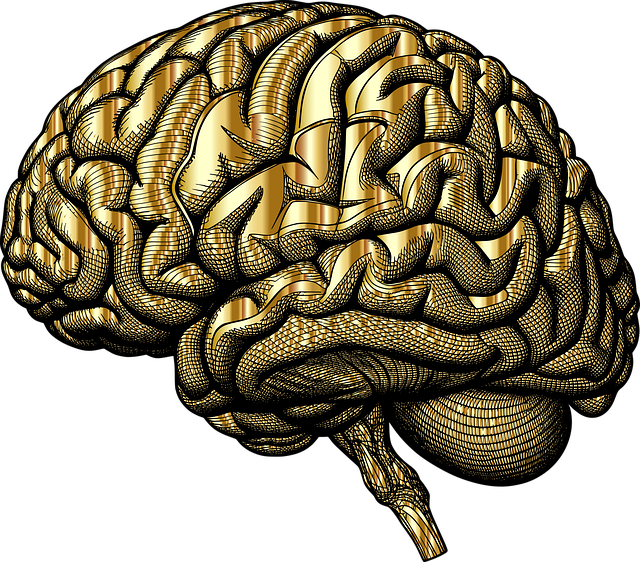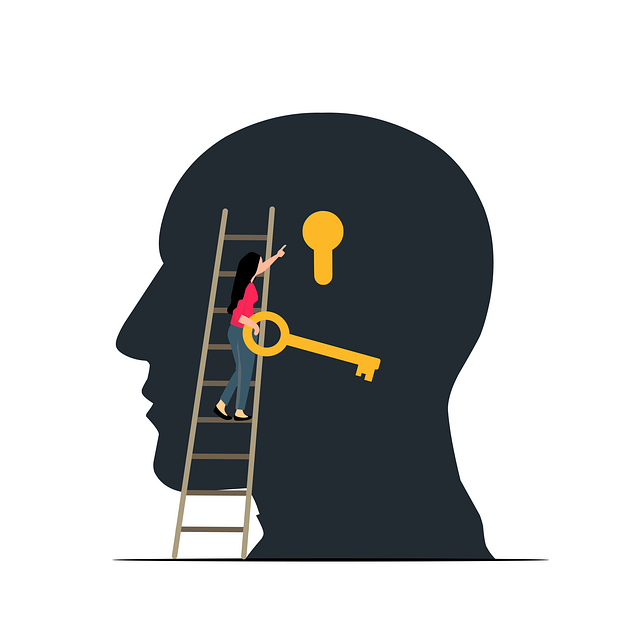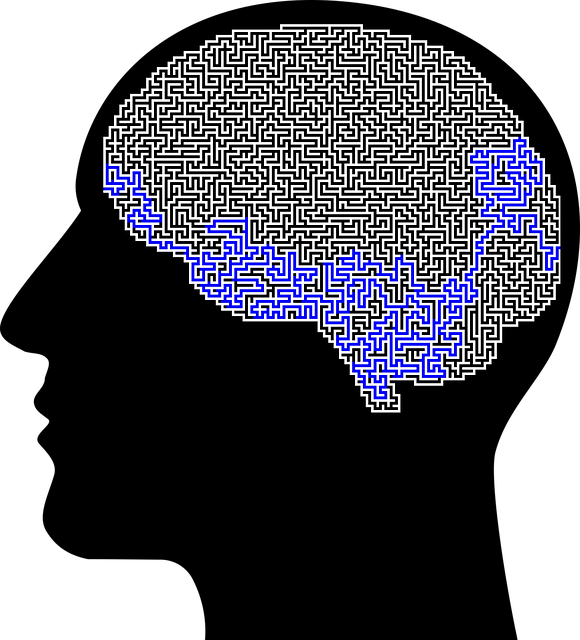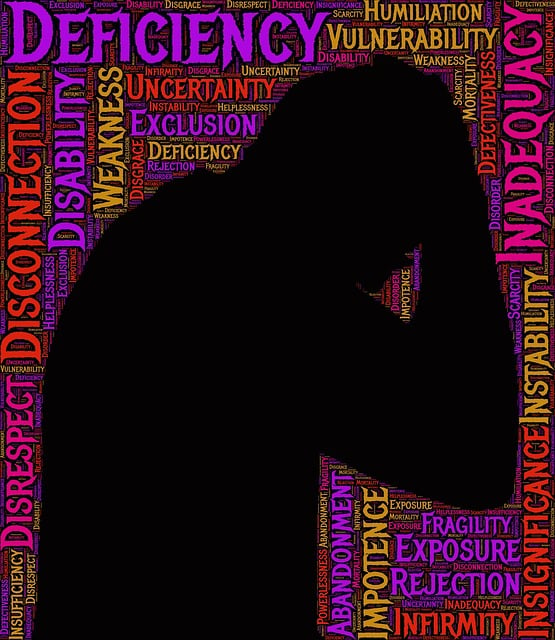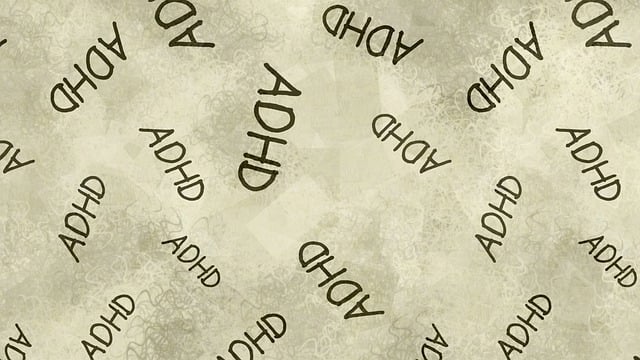Mental health crisis hotlines are 24/7 resources offering confidential support for psychological distress, including adults sexual dysfunction (ASD). Trained professionals provide guidance, resources, and immediate intervention to build resilience, manage moods, and improve self-esteem. Crisis hotline support is a vital first step, connecting individuals with tailored resources like Therapy for Adults Sexual Dysfunction, ensuring proper care for both acute crises and underlying conditions.
“Mental health crisis hotline support services are a vital resource, offering immediate assistance during times of distress. This article explores the critical role these hotlines play in emergency support, with a specific focus on specialized services for adult sexual dysfunction. We delve into the expertise of therapists in crisis intervention and provide a step-by-step guide to accessing these life-saving resources. Understanding these hotlines and their unique offerings is essential for those seeking help and professionals alike.”
- Understanding Mental Health Crisis Hotlines: A Lifeline for Emergency Support
- Targeting Adult Sexual Dysfunction: Specialized Services and Resources
- The Role of Therapists in Providing Effective Crisis Intervention
- Accessing and Utilizing Crisis Hotline Services: A Step-by-Step Guide
Understanding Mental Health Crisis Hotlines: A Lifeline for Emergency Support

Mental health crisis hotlines are a vital resource for individuals facing urgent psychological distress or a sudden breakdown in their mental well-being. These 24/7 services provide immediate support, offering a confidential and non-judgmental space for people to express their struggles. When faced with a crisis, whether it’s related to anxiety, depression, suicidal ideation, or even specific challenges like therapy for adults sexual dysfunction, these hotlines act as a lifeline, connecting individuals with trained professionals who can offer guidance, resources, and sometimes immediate intervention.
The primary role of mental health crisis hotline support services is to ensure that people receive the necessary assistance during their most vulnerable moments. They are equipped to handle a wide range of issues, promoting resilience building, mood management, and self-esteem improvement. By providing quick access to care, these hotlines can prevent situations from escalating and offer a temporary sanctuary for individuals to stabilize before seeking longer-term therapy or other forms of treatment.
Targeting Adult Sexual Dysfunction: Specialized Services and Resources

Adult Sexual Dysfunction (ASD) is a significant concern within mental health crises, often requiring specialized services and resources. The impact of ASD can be profound, affecting not only individuals’ sexual lives but also their self-esteem and overall well-being. Many victims struggle in silence due to stigma and lack of understanding, making it crucial for crisis hotline support services to offer tailored assistance.
Therapy for Adults Sexual Dysfunction involves a multifaceted approach, including Empathy Building Strategies to foster understanding and non-judgmental environments. Self-Awareness Exercises help individuals explore their feelings and beliefs, while Confidence Boosting techniques empower them to address and overcome personal challenges. These strategies are designed to promote healing and self-acceptance, enabling those affected by ASD to reclaim control over their lives and seek healthier expressions of intimacy.
The Role of Therapists in Providing Effective Crisis Intervention

In moments of mental health crises, therapists play a pivotal role in offering immediate and effective support. Their expertise lies in crisis intervention techniques tailored to address acute emotional distress, providing a safe space for individuals to express their feelings and concerns. Therapists skilled in compassion cultivation practices can help clients regulate emotions and gain perspective during intense situations, fostering a sense of calm and resilience.
Effective crisis support involves not just addressing the immediate need but also laying the foundation for long-term mental health stability. Therapists equipped with knowledge in various therapeutic approaches, including techniques for anxiety relief, are well-positioned to identify underlying issues contributing to the crisis. By facilitating open communication and employing evidence-based practices, therapists can guide individuals towards better coping strategies and enhance their overall emotional well-being promotion techniques, ultimately empowering them to manage future crises more effectively.
Accessing and Utilizing Crisis Hotline Services: A Step-by-Step Guide

Accessing crisis hotline support services is a vital step towards addressing mental health concerns, especially during moments of intense distress or when facing challenges like sexual dysfunction impacting one’s emotional well-being. Here’s a straightforward guide to help individuals navigate and utilize these essential resources effectively.
First, identify the appropriate hotline tailored to your needs. Many regions offer dedicated hotlines for specific issues, including mental health crises and sexual dysfunction. Dialing the helpline number connects you to trained professionals who can provide immediate support. They will assess your situation and offer guidance on available options, which may include therapy or referrals to specialized healthcare providers with cultural competency training. During the conversation, be open about your experiences and concerns; sharing details enables the hotline operator to direct you toward suitable resources, such as counseling services or emotional well-being promotion techniques designed to enhance confidence. Remember, these hotlines are confidential, ensuring a safe space to discuss sensitive matters. After connecting with the hotline, follow their advice, whether it’s scheduling an appointment or exploring self-care strategies, to ensure you receive the necessary support for your mental health crisis and underlying conditions like sexual dysfunction.
Mental health crisis hotline support services play a pivotal role in providing immediate assistance during emergency situations. From understanding the importance of these hotlines to accessing specialized resources like therapy for adults with sexual dysfunction, this article has highlighted various aspects crucial for effective crisis intervention. By following a simple step-by-step guide, individuals can utilize these services effectively, ensuring they receive the help they need promptly. The role of therapists in crisis interventions cannot be overstated, as their expertise fosters healing and recovery. Remember, navigating mental health crises is challenging, but access to the right resources—like crisis hotlines and tailored therapy—can make a significant difference.
